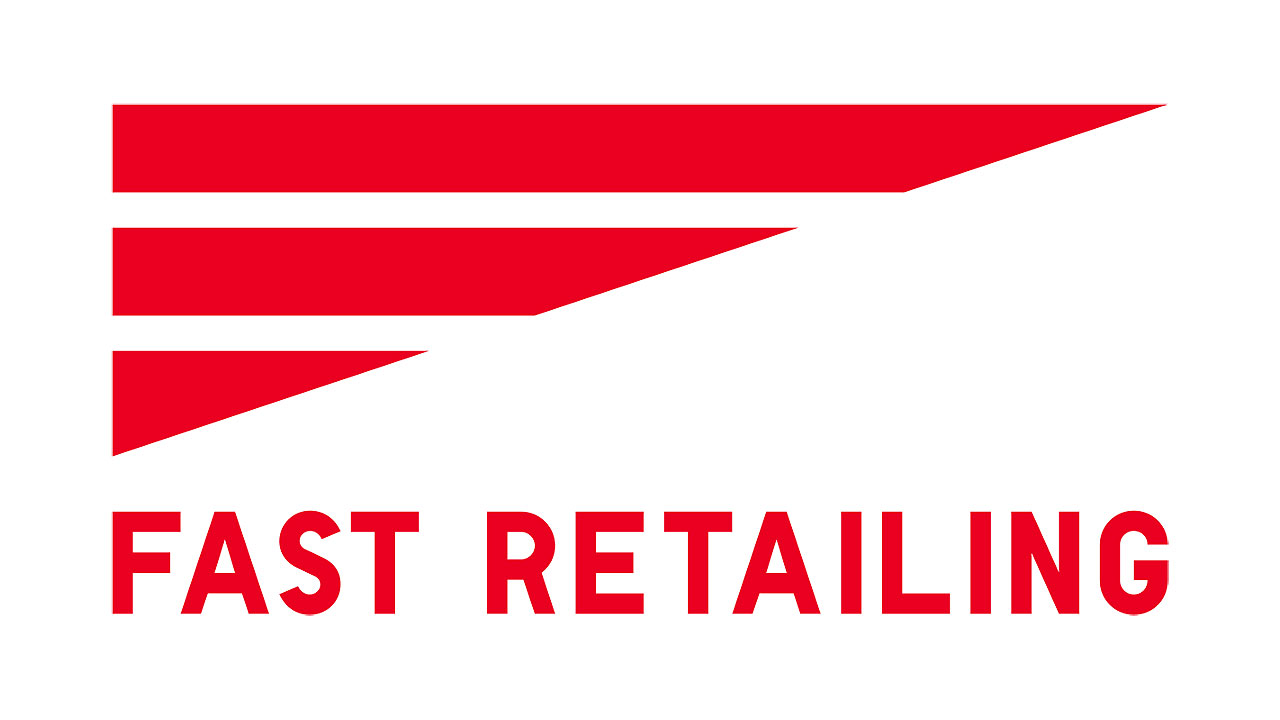Uniqlo parent unveils sustainability plan

FAST Retailing is unveiling an ambitious sustainability plan, with targets set up through 2030 all the way to 2050.
During a press conference in Japan (streamed through Zoom to 12 countries) Koji Yanai, Group Senior Executive Officer of Fast Retailing (the company behind the brand Uniqlo), discussed the retail group’s sustainability commitments, as well as what they had achieved before 2021. “There are things we must do [toward] the future, and there are things we can do right now,” said Mr. Yanai through a translator.
Some of the things they achieved in 2019 include introducing the use of recycled materials. According to the company, by the summer of 2022, about 15% of the polyester used in their clothing will be derived from recycled PET bottles. This initiative began by the introduction of polo shirts in 2019 that used recycled polyester, while waist bags in 2021 used 30% recycle nylon.
A statement said, “The company is expanding its introduction of materials that place a lower burden on the environment, starting with synthetic fibers such as rayon and nylon.”
The year 2019 also saw the beginning of the gradual abolition of single-use plastic in its stores. Since September that year, plastic shopping bags have gradually been replaced with more environmentally friendly paper bags. In Sept. 2020, Uniqlo and GU (another one of Fast Retailing’s brands) introduced a charge for paper bags at all stores in Japan, where 70% of customers now decline shopping bags. From 2020, the company began consolidating packaging materials used in product transport into a single material to simplify recycling. From 2021, in order to recycle packaging materials and waste from product transport, the company launched proof-of-concept areas for recyclables separation, collection, and processing in some Uniqlo and GU stores.
One of the most ambitious goals they have set will be achieving carbon neutrality by 2050. Efforts to do so include reducing their carbon emissions by 20% in 2030. By the end of the fiscal year of 2021, eight Uniqlo stores in Japan achieved Gold Level certification by LEED (Leadership in Energy and Environmental Design). By Aug. 2021, all 64 Uniqlo stores from nine markets in Europe had switched over to renewable energy. By the end of 2021, all stores in North America and in some countries in Southeast Asia will complete this switch.
Fast Retailing also put forward a thrust in protecting the rights of workers. Since 2017, Fast Retailing has published a list of core sewing partner factories, and since 2018, expanded the list to include core fabric mills. By March 2022, the company plans to publish a list of all sewing partner factories it has ongoing dealings with.
In addition to audits at garment factories and core fabric mills, the company aims to establish traceability across the whole supply chain, from upstream spinning mills to raw material level.
Through Fast Retailing site visits, audits by third party organizations, and third-party certifications, the company will identify and correct any human rights or labor environment issues at an early stage. This also includes a gender equity-based policy, including an increase in the representation of female management in the company to 50% by 2030, hiring people with disabilities, and enhancing LGBTQ friendliness of environments for both employees and customers.
“We would like to provide to the world a new way of fashion,” said Mr. Yanai in his speech. “We are all connected in various ways throughout the globe. This is [what] we keenly felt through this pandemic. Just one country becoming very wealthy and enriched and thriving — that is not going to be acceptable, tolerated, going forward.” — Joseph L. Garcia



